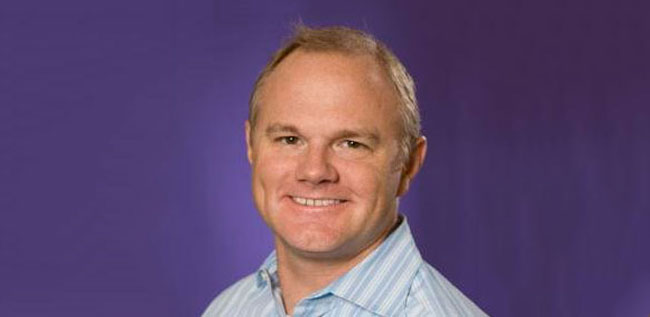By Bill Binch, MD at ANZ’s Sydney-based global marketing software provider Marketo: As 2017 begins, the marketing industry in NZ and Australia once again has proved – perhaps more so than many others – that it shifts year-to- year, season-to- season, and even minute-to- minute. 2016 brought many changes and new trends to the marketing landscape, ultimately transforming the way marketers operate permanently.
In 2017 we will see a new era of challenges and also innovations that will make the lives of marketers easier.
If marketers are looking to get a head start on their competition, then it is important they prepare for what 2017 could bring. Here are five predictions for 2017 that not only focus on trends, but how marketers will need to adapt to them.
1. Predictive Analytics will morph into Account Based Marketing
Although Predictive Analytics is not a new technology, Australasian businesses are starting to adopt it more due to its benefits becoming more evident. Organisations need more than simply Predictive Analytics, which needs to transition into Account Based Marketing.
Whilst many companies have been using ABM over the last few years the availability of new technologies means that this process has become more efficient and disciplined. The arrival of Social Marketing a few years ago lacked in execution, despite its boom, as there was no road map to follow.
However, ABM has the potential to be different – we have analytics that we constantly pay attention to and a vocabulary that all marketers speak.
2. A shift in the engagement equation for B2B marketers
Due to the convergence of MarTech and AdTech, B2B companies are starting to change their approach, behaving more like B2C marketers when it comes to bridging their owned and paid channels.
As marketers are continually looking to improve personalisation and maximise engagement, measurement and revenue, many companies are shifting to an approach that traditionally B2C marketers would take. Using technology now available to marketers, customer insights from owned channels can be utilised to drive better results in paid channels to help achieve these objectives.
With large, enterprise-scale B2B companies as guideposts, we predict that this shift among B2B marketers will accelerate throughout 2017.
3. Full-brain marketers join the talent pool
In 2017, the need for individuals who are multi-talented generalists that can easily handle countless challenges will be much higher. Marketers have always considered themselves “right-brain” marketers, touting their creativity skills, but for 2017, the need for digital savvy leaders will be fundamental for businesses wishing to move forward and remain competitive.
Australasian leaders and CMOs will experience a need to transform into a more digitally oriented business and it is important that they and not simply marketers are adequately prepared for this. Alarmingly, in the digital skills and salary survey, participants said 40% of senior managers in their business had only a moderate understanding of the importance of digital skill sets, with 20% having little understanding.
In 2017, look for this statistic to change and business leaders and marketers to strive to become more digital savvy, in order to keep the business relevant.
4. Sales and marketing will need to define what alignment looks like
Much has been written about sales and marketing alignment: that salespeople are from Venus and marketers are from Mars. We identified this problem years ago and now it is time that we join together to solve it.
2017 is the year where the definition of sales and marketing alignment will be finally settled.
Currently most sales and marketing alignment consists of measuring lead flow at stages in the funnel but with ABM, Predictive Analytics and numerous other digital marketing strategies available we need to strive to be better!
Instead of measuring solely volume and flow we need to solve the quality item as companies that focus on aligning the two have proven their success by increasing sales by a staggering 67%. It’s time to make 2017 the year we stop talking about sales and marketing alignment and actually start doing it by advancing the old funnel model into a modern model of funnels with checks and balances.
5. Customer retention top-of- mind in spend and structure
A shift in customer spend and efforts – with switching costs lower and customer choices higher – will become more of a priority for marketing efforts. The importance for customer retention will be signified, as increasing customer retention rates by 5% could increase profits from 25% to 95%.
In 2017, a greater emphasis will be placed on creating a level of personalisation and forming relationships through personal engagements throughout each lifecycle stage in an effort to build brand loyalty and advocacy.
Think journeys for your customers, where each step of the way has a new chapter of the story unfold. If businesses want to ensure they are prepared for 2017, then these predictions are a great place to start.
Share this Post



